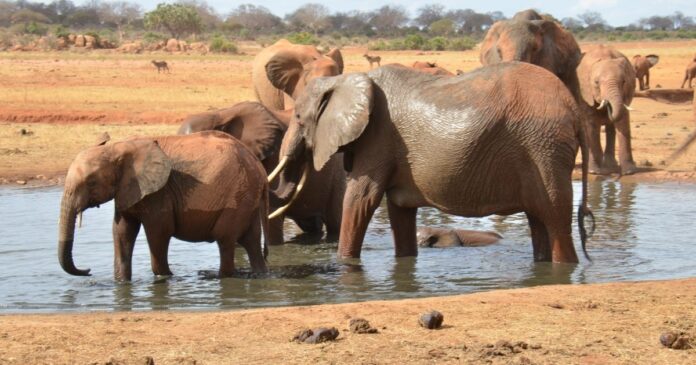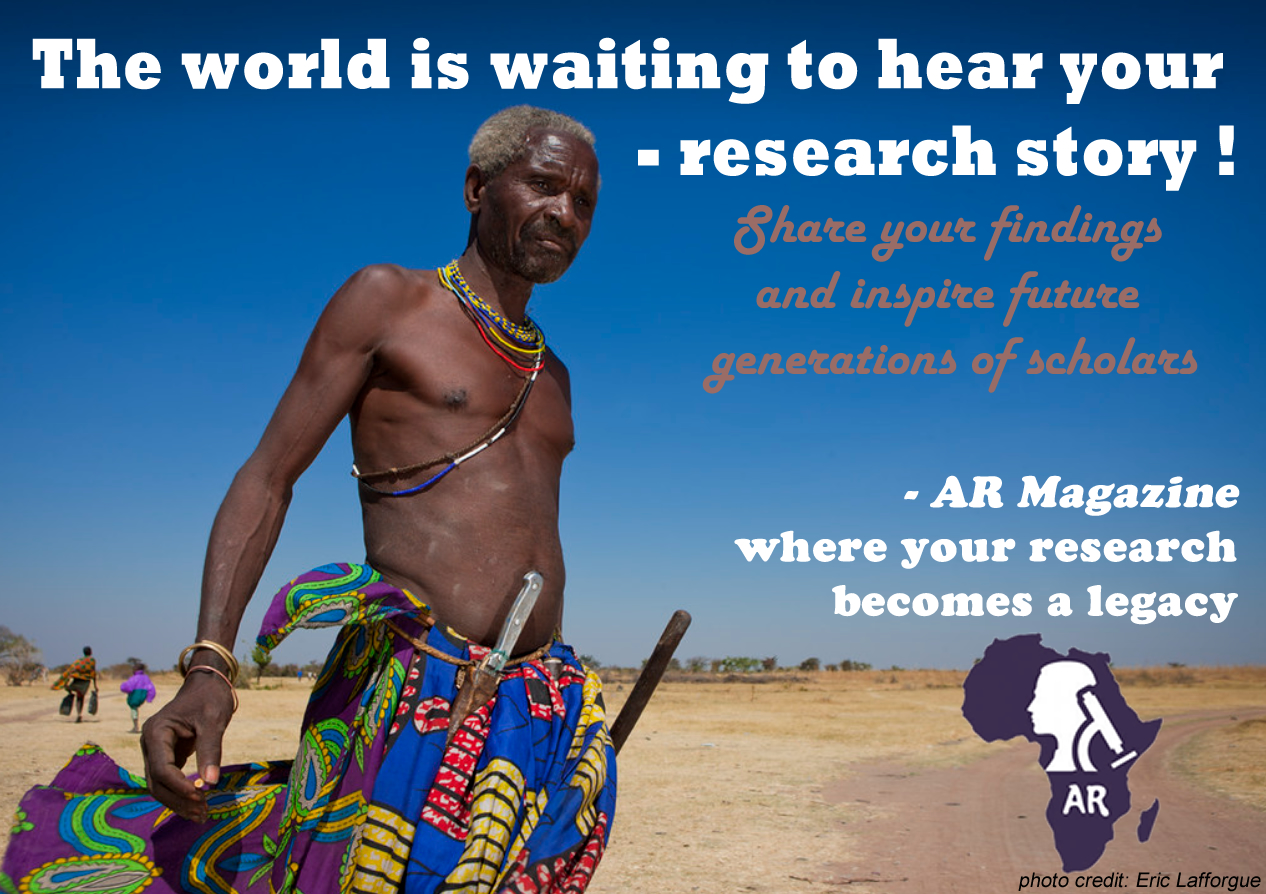A recent study by Zumo, D. O. (2024) titled “Human-Wildlife Conflicts in Africa: A Preliminary Review” published in International Journal of Environmental Sciences indicates that human-wildlife conflicts (HWC), particularly prevalent in West Africa like Liberia, stem from competition for limited natural resources.
“
Human-wildlife conflicts in Africa, particularly in West Africa, stem from competition for limited natural resources.– Zumo, D. O. (2024)
This study explores a comprehensive review of Human-Wildlife Conflicts (HWC) in Africa, focusing on causes, impacts, and mitigation strategies. It examines the conflict between humans and wildlife in Africa due to competition for natural resources, particularly in West Africa. The author discusses various causes like habitat fragmentation, climate change, and illegal wildlife trade, along with their economic and conservation impacts.
It explores potential solutions, including conservation efforts, community-based initiatives, and education to address these conflicts. The paper includes case studies such as the The decline in the charismatic forest-dwelling elephant population in the Democratic Republic of Congo (DRC) highlights the severity of HWC, increasing waterbuck numbers in Mozambique demonstrate the complex dynamics of human-wildlife interactions, varying lion populations near Kruger National Park underscore the need for effective conservation strategies. and highlights the importance of integrated approaches to resolve HWC. Implementing conflict resolution strategies across Africa is essential for the effective conservation of endangered mammals.
How the Study was Conducted
The author employed existing research and publications related to human-wildlife conflicts and the Collection of data on wildlife distribution, behavior, and natural resource availability. The author also gathers information on local communities’ perceptions and attitudes towards wildlife. Documentation of specific instances of human-wildlife conflicts as well as evaluating the damage caused to crops and livestock by wildlife aim to provide a holistic understanding of the issue, encompassing ecological, social, and economic aspects.
What the Authors Found
The main findings of the study indicate that human-wildlife conflicts (HWC), particularly prevalent in West Africa like Liberia, stem from competition for limited natural resources. Factors such as habitat fragmentation, climate change, and illegal wildlife trade exacerbate these conflicts, leading to economic losses, human casualties, and conservation concerns.
Why is this Important
Conservation efforts aimed at understanding the causes and impacts of Human-Wildlife Conflict (HWC) are crucial for developing targeted strategies to protect wildlife and human communities. HWC can lead to significant economic losses, posing risks to human safety, and threatening biodiversity. By addressing these conflicts, we can mitigate financial losses, enhance human safety, preserve biodiversity, and promote sustainable coexistence between humans and wildlife for long-term sustainability.
What the Authors Recommend
- The author suggests that stakeholders should engage local communities in conservation efforts. Collaborate with them to develop sustainable practices that benefit both wildlife and people.
- The author also encourages stakeholders to raise awareness about HWC and its impact. Educate communities on coexistence measures, safety precautions, and the importance of wildlife conservation.
- The study posits that stakeholders should implement effective conflict-resolution strategies. These may include creating buffer zones, using deterrents, and promoting non-lethal methods to prevent wildlife damage.
- In addition, stakeholders should advocate for policies that protect wildlife habitats and regulate human activities near wildlife areas.
In conclusion, addressing human-wildlife conflicts in Africa is imperative for the sustainable coexistence of both communities and wildlife. Through comprehensive understanding, collaborative efforts, and effective implementation of conservation strategies, we can mitigate economic losses, ensure human safety, preserve biodiversity, and foster harmonious relationships between humans and wildlife for a more resilient and balanced ecosystem. Together, we can strive towards a future where both humans and wildlife thrive in harmony.
Cite this article as (APA format):
AR Managing Editor (2024). Addressing Human-Wildlife Conflicts in Africa: Strategies for Conservation and Coexistence. Retrieved from https://www.africanresearchers.org/addressing-human-wildlife-conflicts-in-africa-strategies-for-conservation-and-coexistence/






 The African Research (AR) Index is a comprehensive scholarly directory and database focused explicitly on journal publishers that publish and disseminate African research.
The African Research (AR) Index is a comprehensive scholarly directory and database focused explicitly on journal publishers that publish and disseminate African research.

